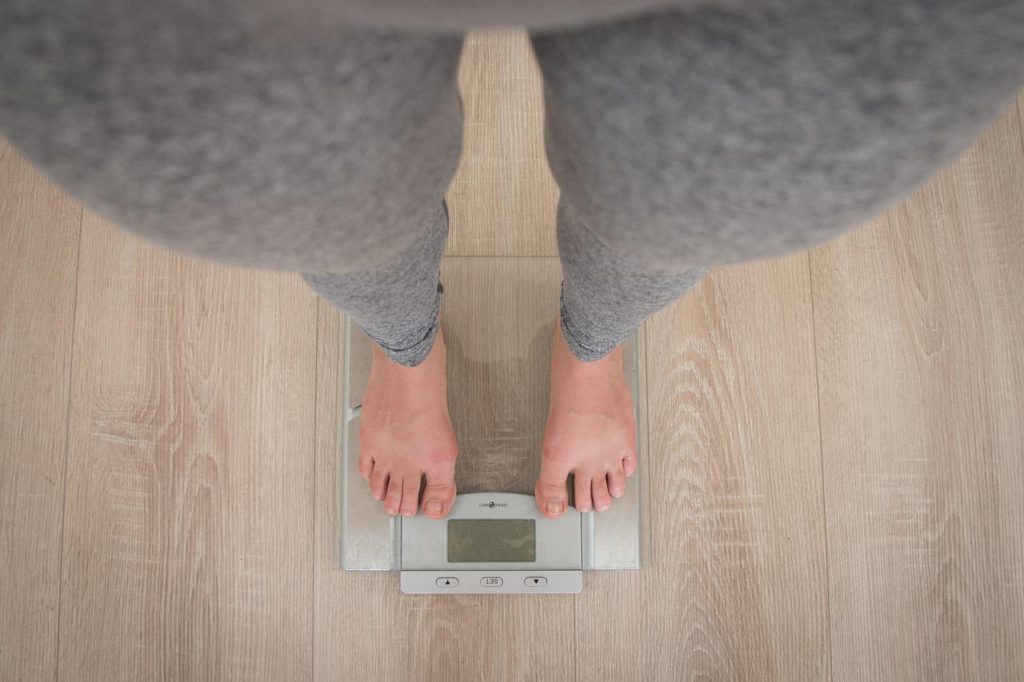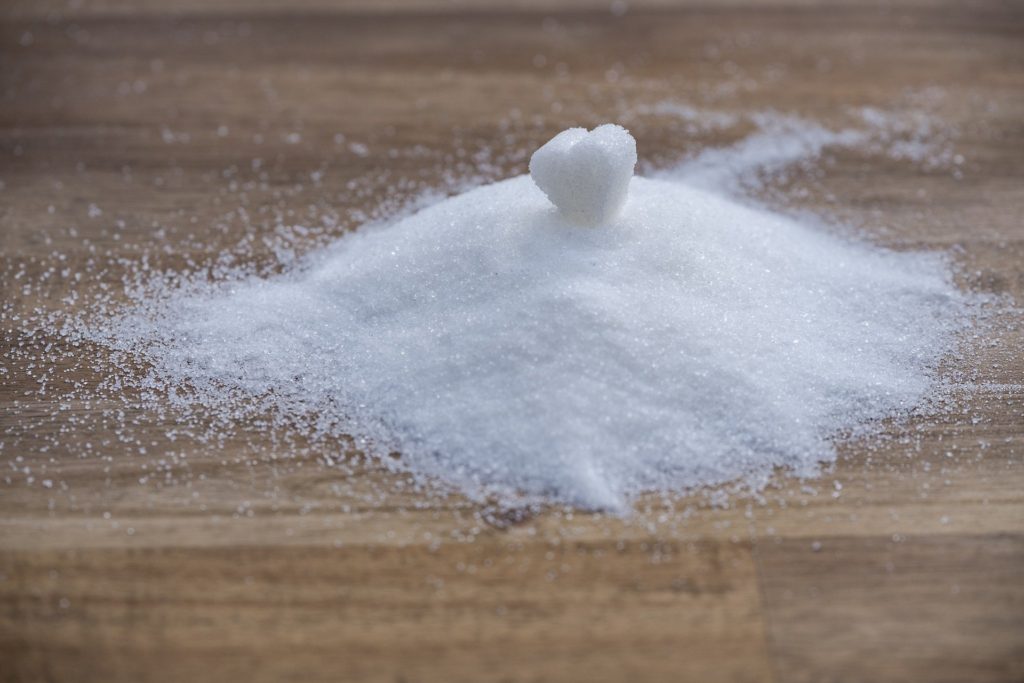The 8 reasons why––& how to keep losing weight
The keto diet is the most popular diet for weight loss & overall health.
However, everyone on keto eventually stops losing weight on keto. This is because your body gets adjusted to the diet & eventually your caloric deficit & keto diet alone can’t lead to weight loss.
In this article, we’ll discuss the 8 things that may be holding you back from weight loss, & how to solve each problem.
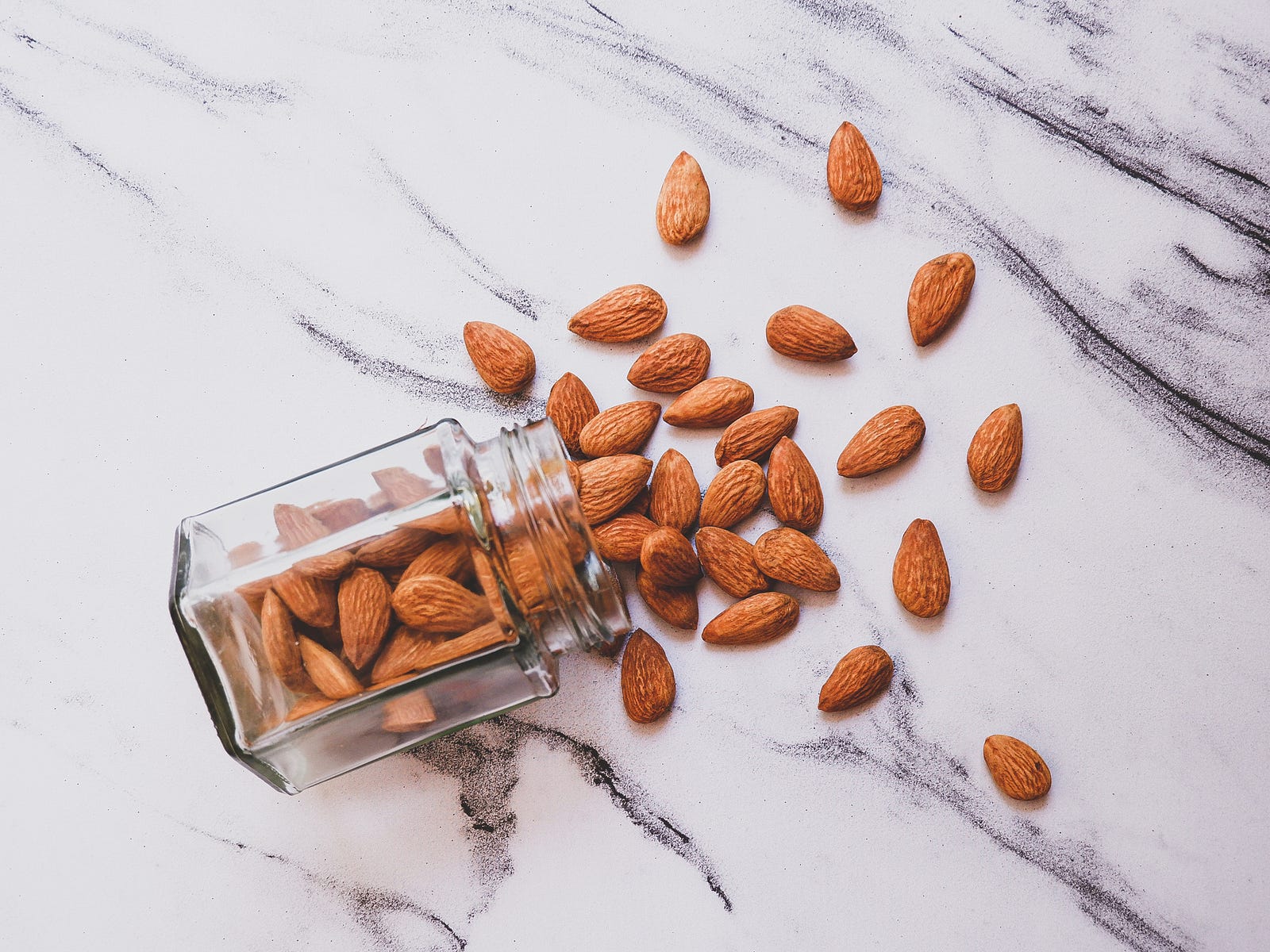
1.) Snacking
Snacking between meals on keto, even if the snacks are healthy, can be terrible for weight loss. That’s because snacking not only makes you unknowingly consume more calories, it also drastically raises your insulin. Instead of snacking, make sure you eat big, nutritious meals so you can overcome the urge to snack.
Many ketogenic snacks like nuts, nut butters, fat bombs, cheese, and jerky can halt your weight loss from progressing, & consuming them may result in weight gain.
It’s best to choose not to snack at all & instead eat bigger meals so you don’t raise your insulin as much & don’t overeat unconciously.
In addition, including extra non-starchy vegetables in your normal meals provides a significant dose of fiber, which can help you stay full during the day.
Don’t snack & instead eat bigger, fiber-rich meals so you stay full throughout the day. Also, if you want to speed up weight loss, try intermittent fasting with keto.

2.) Not Staying In a Caloric Deficit
You won’t lose weight if you switch to a keto diet and don’t watch your calories. It’s important not to overdo it when eating keto-friendly foods, like avocados, olive oil, full-fat dairy, and nuts, all of which are high in calories.
You can a caloric deficit by either lowering the number of calories you consume or by increasing your physical activity level.
People who eat ketogenic meals and snacks tend to feel more satisfied due to the satiating effects of fat and protein.
It’s, however, possible to consume too many calories on a ketogenic diet by snacking on high-calorie foods throughout the day or by eating very big portions.
Paying attention to portion size, increasing physical activity, and not eating between meals can help you create the calorie deficit needed to lose weight.
Another great way to easily create a caloric deficit & lose weight is to do OMAD (one meal a day) fasting.
When following any diet, it is crucial to create a calorie deficit to promote weight loss. Curbing portion sizes, eating less between-meal snacks, fasting, and engaging in more physical activity can all help you lose extra pounds.

3.) Not Getting Enough Sleep & Getting Stressed
Weight loss is negatively impacted by stress and sleep deprivation. When you don’t get enough sleep, or when you’re stressed, your body produces too much of the hormone cortisol. That’s why it’s important to get at least 10 hours of sleep per day & to avoid problematic people.
Your body may store fat in the belly area due to elevated cortisol levels.
In addition to that, leptin and ghrelin, two hormones that help regulate hunger, are negatively affected by a lack of sleep, causing increased appetite.
Meditating or practicing yoga daily can help you reduce stress and get a better night’s sleep.
Quitting social media & avoiding problematic people can also help reduce your stress.
Weight loss can be negatively affected by stress and lack of sleep. Try to reduce stress and get enough sleep.

4.) Not Exercising
Adding more physical activity to your lifestyle is not needed when trying to lose weight on a ketogenic diet, but it definitely helps reduce your appetite.
Exercise aside from being a great way to burn through your fat on keto, offers a multitude of health benefits.
Regular physical activity can reduce your risk of serious health problems such as heart disease, diabetes, depression, anxiety, and obesity.
Physical activity not only builds muscle, but it also burns calories, allowing you to lose weight quicker.
Building muscle also increases resting energy expenditure, thus leading to a metabolic boost.
Starting an exercise routine can be difficult, especially for newcomers to exercising; however, there are methods to make it simpler.
- Workout Daily, Even If It’s Small — When I first tried working out, like many people, I couldn’t stick to it. Then, I decided that I would do one bodyweight squat per day for two weeks, but limited myself if I wanted to do more. This lead to me building the habit of working out, & even today & still workout daily because I engrained the habit.
- Plan Your Routine — Once you get out of the “one bodyweight squat per day” phase, plan a routine on how you’ll go to the gym multiple times per week.
- Make Your Workouts Effective — Once you start going to the gym, create an effective workout of compound lifts, like deadlifts, squats, rows, etc, so you can use all of your muscles quickly. This would make each of your workouts more potent, allowing you to go in & out of the gym in less time.
Regularly working out can improve health and help you lose weight. Make a habit of working out by reserving time for a few sessions each week.

5.) Too Many Carbs
Only 5% of your total calories should come from carbs on keto. This equates to around 20 – 50 grams of carbs per day. If you’re not checking all the nutrition labels on the foods you eat, you may be overeating carbs & thus kicking you out of ketosis.
Your body switches to burning fat rather than glucose for energy when you are in ketosis, a state in which your carbohydrate intake is severely restricted.
The standard dietary recommendation of 45–65% calories from carbohydrates is drastically different from keto.
So, when you first start the ketogenic diet, you may find it difficult to eliminate all carbs.
However, in order to achieve and maintain ketosis, carbs must be kept at a certain level.
Consider using a tracking app like MyFitnessPal to help you reach your macronutrient intake goals.
How Many Carbs Can I Eat?
If you don’t exercise that much & are pretty small, I recommend eating under 30 grams of net carbs per day.
If you’re bigger & exercise frequently, then you can get away with eating 50 grams of net carbs per day.
By the way, net carbs is the amount of carbs in foods after subtracting fiber & artificial sweeteners.
Most people on keto usually only measure net carbs because net carbs are the carbs that affect insulin, not total carbs. The fiber & artificial sweeteners in your food don’t have calories, so you shouldn’t count them towards your daily carb limit.
Ketogenic diets cause the body to burn fat by reducing carbs to the point of ketosis, so make sure you’re eating under 50 grams of carbs per day.
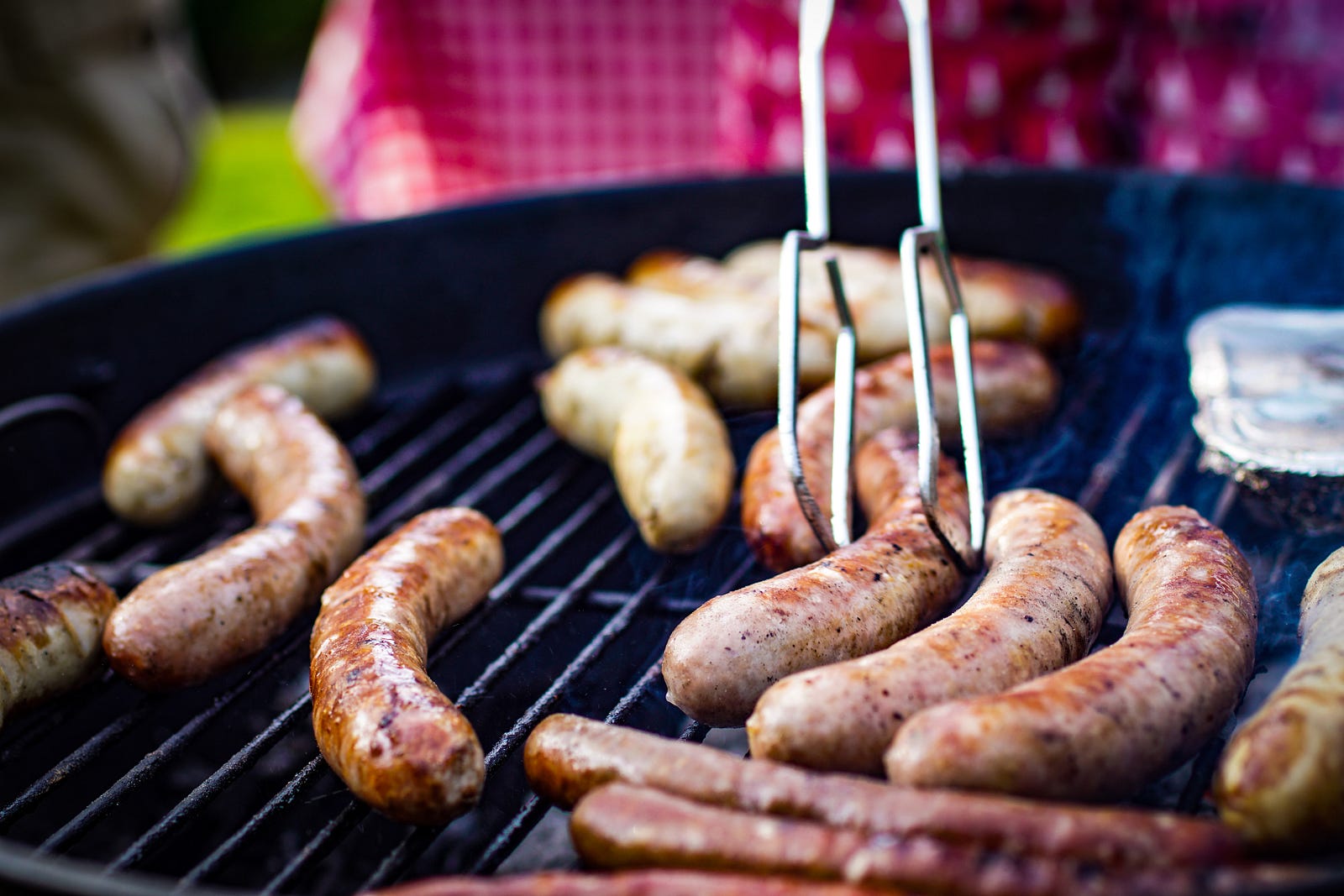
6.) Eating Processed Foods
Even if a processed food is keto-friendly, relying on them can slow down your weight loss.
Snack bars, keto desserts, and other packaged foods can mess up your weight loss by giving you too much pleasure, making it harder to resist them.
Eating too many convenience foods, such as hot dogs and fast food, can hinder weight loss if you’re in a rush.
These foods are low in vitamins, minerals, and antioxidants, making them high in calories and low in nutrients.
Stick to unprocessed, whole foods to optimise your nutrient intake while losing weight on the keto diet.
Healthy fats like avocado and olive oil, as well as poultry and fish, are all excellent choices.
Include non-starchy veggies like greens, broccoli, peppers, and mushrooms in meals to boost nutrients and fiber.
Instead of consuming too many processed foods while on a ketogenic diet, focus on meals and snacks made with fresh, whole ingredients to optimise weight loss.
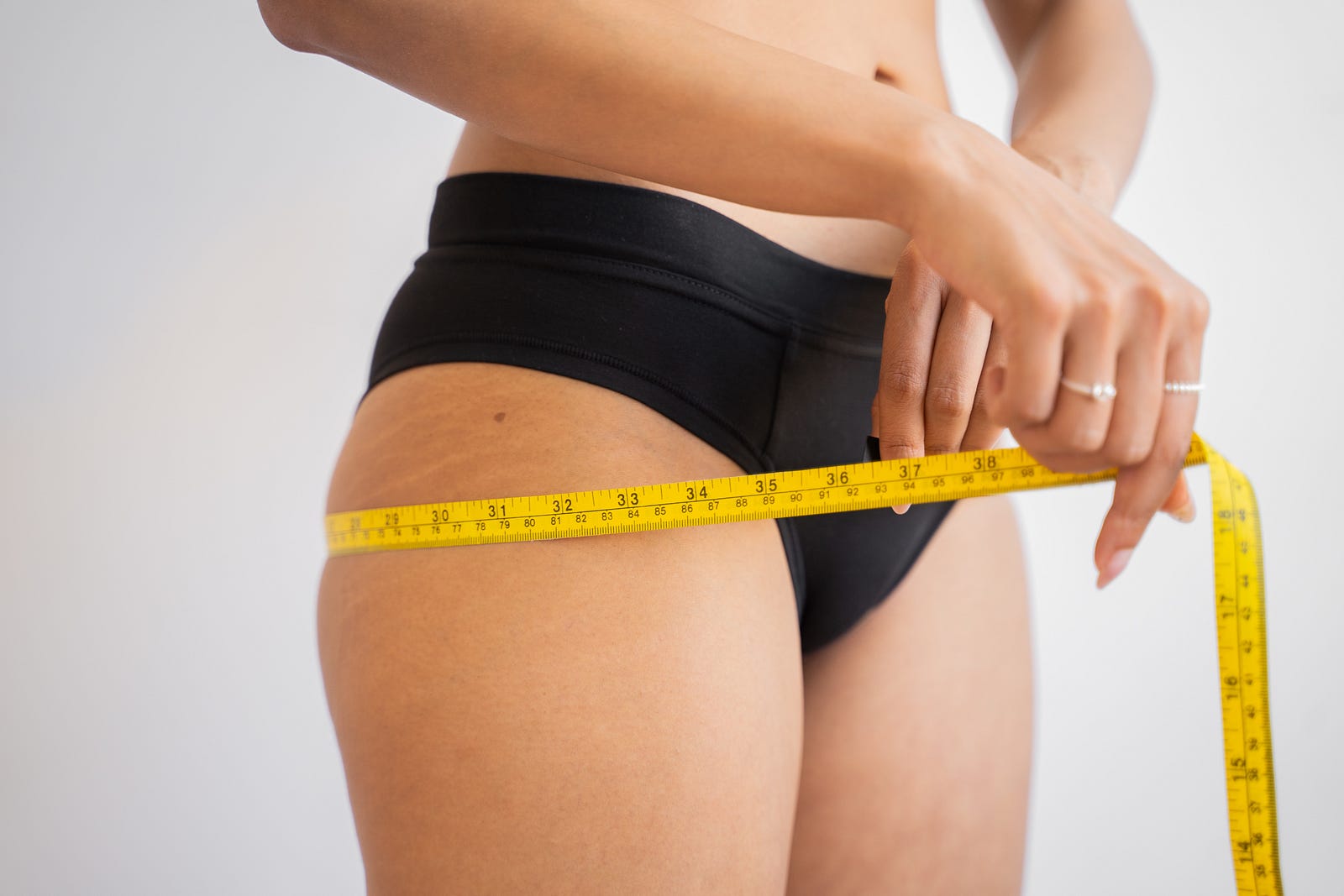
7.) Expecting Extremely Fast Weight Loss
If you’re just doing a keto diet & are expecting more than 1–2 pounds of weight loss per week, you’ll be disappointed. However, if you want to speed up the weight loss process, try fasting in addition to keto.
Your weight loss might not be extremely quick if you follow the ketogenic diet alone, and that’s alright.
In order to lose and maintain weight healthily, small, consistent changes are key.
It’s normal to lose only a pound or two (0.5 kg — 1 kg) per week.
In addition, if you adopt a new weightlifting workout routine, you may gain muscle while losing fat.
Building muscle and losing fat can have many health benefits, such as lowering your risk of heart disease and enhancing bone health.
Instead of simply relying on the scale, if you want to, take weekly measurements of your arms, thighs, and midsection to track your progress.
Maintaining weight loss over a long-term basis will likely consist of 1–2 pounds or 0.5–1 kg of weight loss per week.

8.) Medications Causing Weight Gain
The ketogenic diet is a great way to lose weight, all whilst staying energetic & satiated.
However, despite doing everything right to lose weight, if you’re having a difficult time, it’s a good idea to rule out any medical issues or medications that may be preventing weight loss success.
Weight gain and difficulty losing weight may be caused by several medical conditions, including hypothyroidism, polycystic ovarian syndrome (PCOS), Cushing’s syndrome, depression, and hyperinsulinemia (high insulin levels.)
If you’re not sure if you have these conditions, your doctor can rule out these conditions through a series of tests.
You don’t have to give up hope if you have one of the conditions listed above.
You can achieve and maintain healthy weight loss through proper management, including medication if necessary and lifestyle and dietary changes.
Certain medical conditions, such as hypothyroidism and depression, can make it difficult to lose weight. If you are having a particularly difficult time losing weight, try to avoid the medications causing the weight gain. If you can’t avoid them, then just keep doing keto, but try adding another method of weight-loss, like intermittent fasting or a deeper caloric deficit.

FAQ
Why Have I Stopped Losing Weight on Keto After The 3rd Week?
If you’ve stopped losing weight on keto after the 3rd week, it’s because you’re eating too frequently. If you do keto but you snack, then your insulin would be high & you would eventually stop losing weight. Instead start intermittent fasting & then you’ll start losing weight again.
Why Have I Stopped Losing Weight on Keto After The 1st Month?
If you’ve hit a weight loss plateau on keto after the 1st month, it’s because you’re snacking too often. This is because eating constantly raises your insulin, which means that you’ll eventually hit a plateau. That’s why to keep losing weight you must start intermittent fasting.
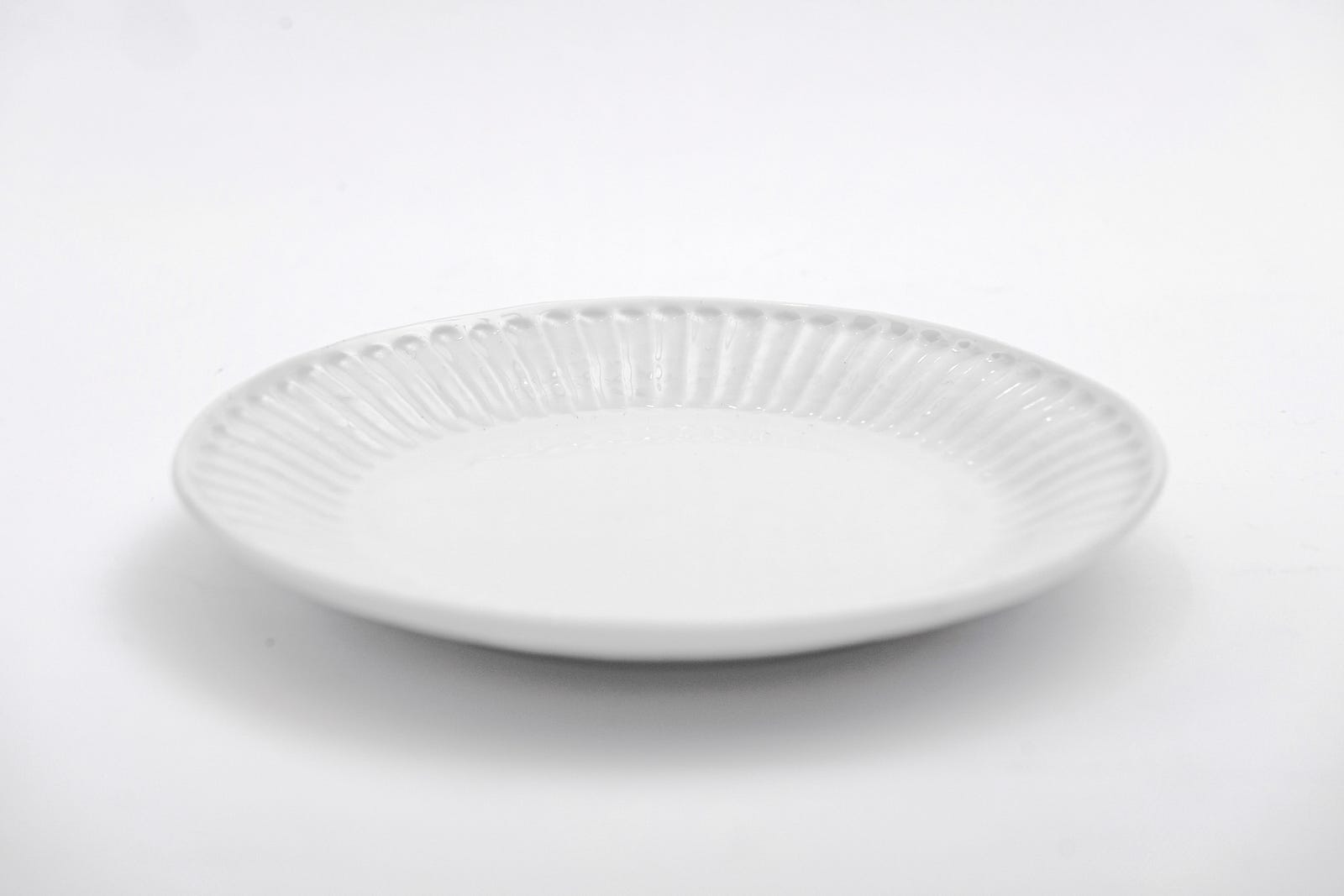
Why Have I Stopped Losing Weight on Keto After The 3rd Month?
If you’ve stopped losing after the 3rd month on keto, you need to start intermittent fasting. With intermittent fasting, you only eat for a certain time frame, which lowers your insulin. This would help you to break your weight loss plateau since you would get into a deeper state of ketosis.
What If I Stopped Losing Weight on Keto After Doing Intermittent Fasting?
If you’ve done intermittent fasting on top of keto, & you stopped losing weight, then you must do a more advanced type of intermittent fasting. For example, if you did 18:6 intermittent fasting, you must start progressing to 19:5, 20:4, etc, all the way until you reach OMAD.
If you stop losing weight after doing OMAD & keto, which happened to me once I reached around 90% of my goal, then you need to add prolonged dry fasting on top of keto.
With prolonged dry fasting, you don’t eat or drink water for multiple days, & it helps you to lose around a pound of fat a day.
Prolonged dry fasting works because your body can combine the hydrogen in your fat with the oxygen in the air to create H²O.
After I did OMAD + keto + prolonged dry fasting, I lost all the weight I needed to lose & I beat the final plateau of keto.
Conclusion

The ketogenic diet can be an effective weight loss tool, in addition to all of its other health benefits.
However, some people may not see the results they desire for various reasons.
Weight loss can be negatively affected by eating too many calories, not getting enough physical activity, chronic stress, underlying medical issues, and not adhering to macronutrient ranges.
Getting adequate sleep, reducing stress, being more active, and consuming whole, nutritious, low-carb foods whenever possible can help you maximize weight loss on a ketogenic diet.
If you want to start intermittent fasting with keto to speed up your results, here’s my article explaining the benefits & how to start OMAD (one meal a day) fasting.
- Can You Still Lose Weight If You Aren’t in Ketosis? - February 8, 2023
- Can the Keto Diet Help With Depression? - February 8, 2023
- Why Does Processed Food Make You Fat? - January 2, 2023

